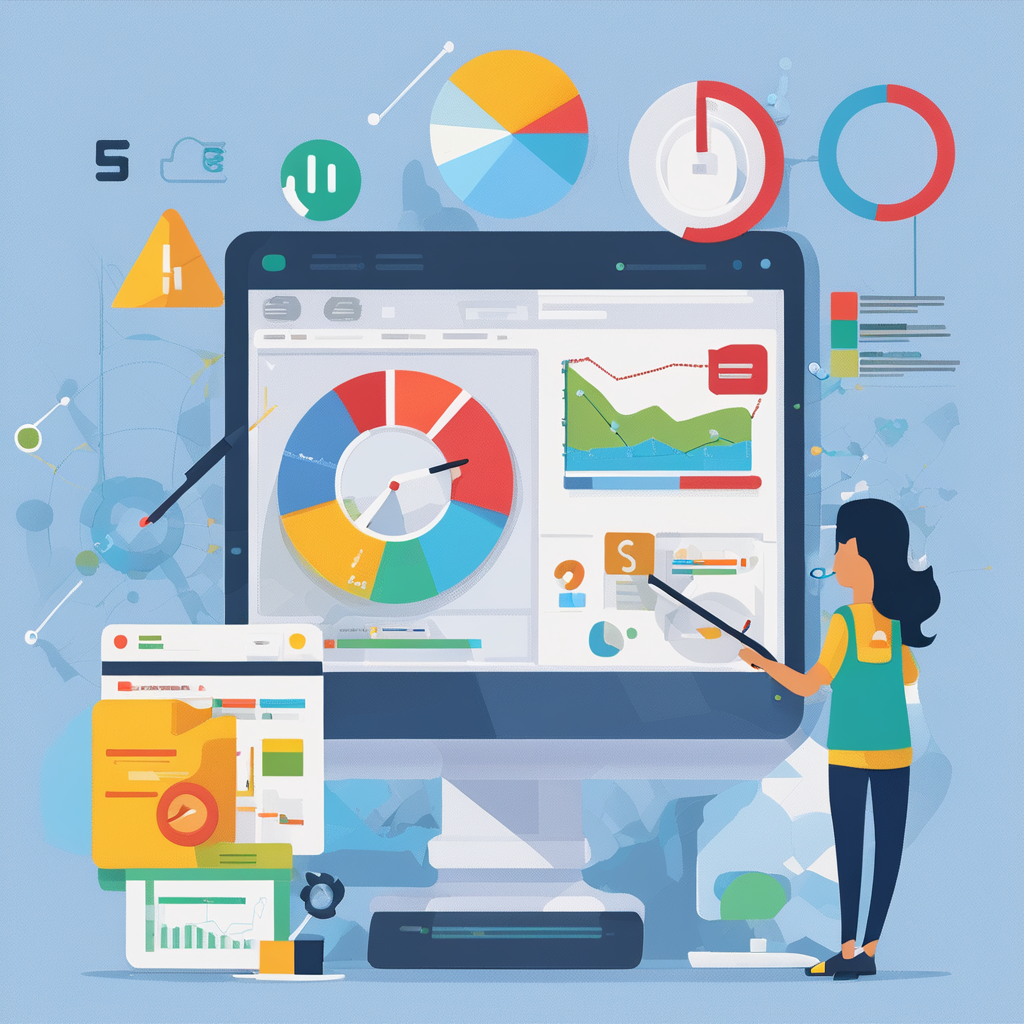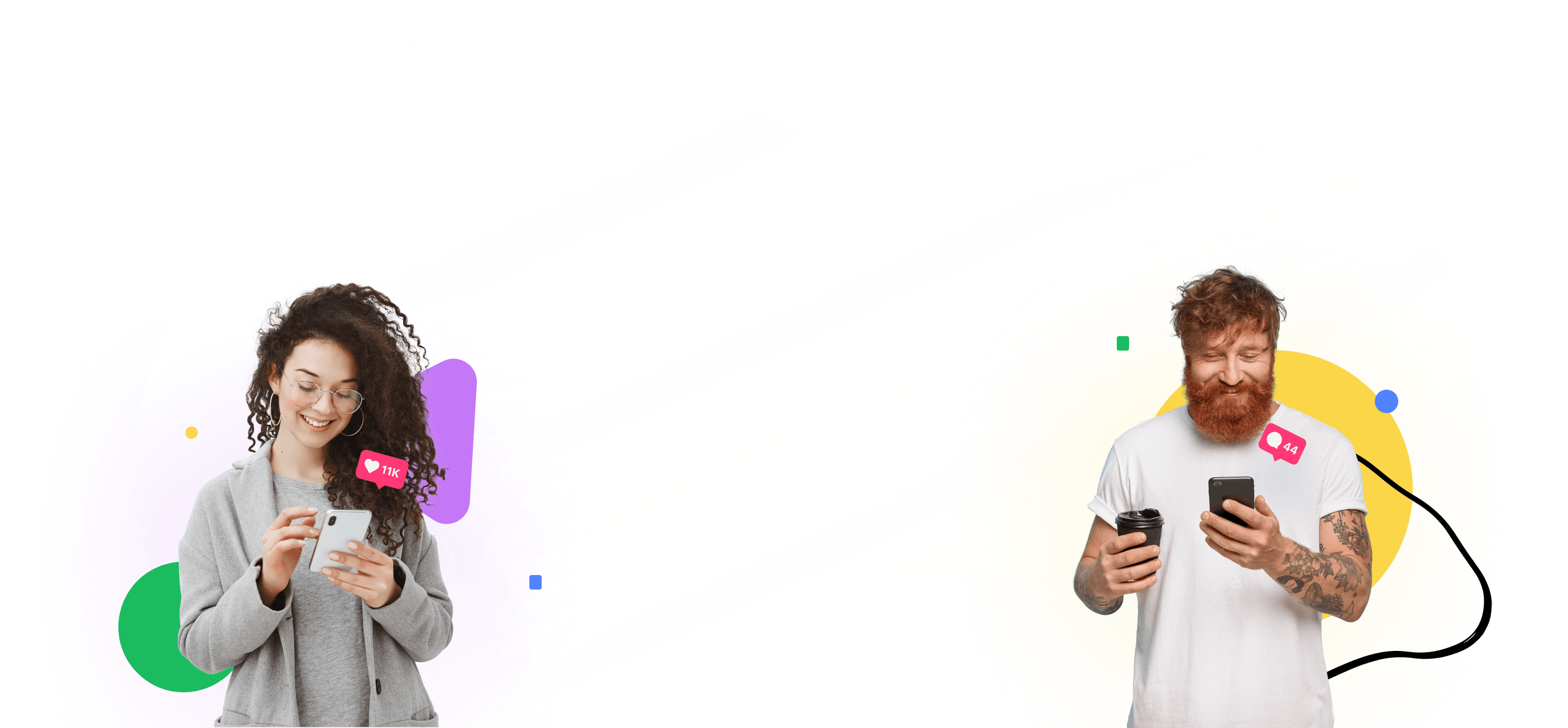In today's digital age, consumers expect personalized experiences tailored to their preferences and behaviors. Artificial Intelligence (AI) is at the forefront of this revolution, transforming personalized marketing by enabling brands to deliver highly relevant and engaging content to their audiences. Here’s how AI is making personalized marketing more effective and impactful:
Advanced Customer Segmentation
AI enables marketers to segment their audiences with unprecedented precision. Traditional segmentation methods rely on broad categories like age, gender, or location. In contrast, AI analyzes vast amounts of data to create micro-segments based on intricate patterns in customer behavior, preferences, and purchase history.
For example, an e-commerce platform can use AI to identify customers who frequently purchase fitness gear and segment them further based on their specific interests, such as yoga or running. This allows for highly targeted campaigns that resonate deeply with each segment, increasing the likelihood of conversion.
Predictive Personalization
AI's predictive capabilities allow brands to anticipate customer needs and deliver personalized experiences proactively. By analyzing past behaviors and predicting future actions, AI can recommend products, content, or services that a customer is likely to be interested in.
A streaming service like Netflix uses AI to analyze viewing habits and suggest movies or shows that align with a user’s preferences. Similarly, e-commerce sites can predict which products a customer might want to buy next based on their browsing and purchase history, creating a seamless shopping experience.

Dynamic Content Creation
AI tools are revolutionizing content creation by enabling marketers to generate dynamic, personalized content at scale. These tools can create tailored messages for different audience segments, ensuring that each customer receives content that is relevant to them.
For instance, AI can personalize email marketing campaigns by dynamically adjusting the content based on the recipient’s past interactions with the brand. This could include personalized subject lines, product recommendations, and tailored offers that match the recipient’s preferences and behavior.
Real-Time Personalization
AI-powered systems can deliver personalized experiences in real-time, adapting to customer behavior as it happens. This is particularly valuable in digital marketing, where immediacy can significantly impact engagement and conversion rates.
Retail websites can use AI to adjust the content displayed to visitors based on their real-time browsing behavior. If a customer shows interest in a particular product category, the website can highlight related products and offers instantly. This level of responsiveness makes the shopping experience more relevant and engaging.

Personalized Customer Service
AI-driven chatbots and virtual assistants provide personalized customer service around the clock. These tools can handle a wide range of customer interactions, from answering common questions to providing personalized recommendations based on previous interactions.
For example, a virtual assistant on a travel website can help users find personalized travel packages based on their preferences, past trips, and current browsing behavior. This not only improves the user experience but also increases the likelihood of booking.
Omnichannel Personalization
AI ensures a consistent and personalized experience across multiple channels, whether it’s email, social media, websites, or mobile apps. By integrating data from various touchpoints, AI provides a unified view of the customer, allowing for seamless and cohesive marketing efforts.
A customer who engages with a brand on social media and then visits the brand’s website can receive personalized recommendations based on their social media interactions. This level of integration enhances the customer journey, making it more personalized and satisfying.

Behavioral Targeting
AI analyzes customer behavior to deliver targeted ads that are highly relevant to individual users. This involves understanding user actions, preferences, and engagement patterns to serve ads that match their interests and needs.
For instance, AI can analyze browsing data to target users with ads for products they have shown interest in but haven’t purchased yet. This form of behavioral targeting increases ad relevance and effectiveness, driving higher conversion rates.
Sentiment Analysis
AI-powered sentiment analysis tools can gauge customer emotions by analyzing social media posts, reviews, and other user-generated content. Understanding customer sentiment allows brands to tailor their marketing messages to address customer feelings, concerns, and feedback effectively.
If a brand notices a trend of negative sentiment around a product feature, they can use this insight to make improvements and communicate those changes to customers. Conversely, positive sentiment can be leveraged to highlight popular features and enhance marketing campaigns.

FAQ
Q: How can small businesses benefit from AI in personalized marketing? A: Small businesses can use AI tools to automate personalization efforts, making their marketing more effective without needing large teams. Affordable AI solutions can help small businesses understand their customers better, create targeted campaigns, and compete with larger companies.
Q: Is AI-driven personalization suitable for all industries? A: Yes, AI-driven personalization can benefit a wide range of industries, including retail, finance, healthcare, entertainment, and more. Any industry that relies on customer engagement and satisfaction can leverage AI to enhance personalized marketing efforts.
Q: How does AI handle data privacy concerns in personalized marketing? A: AI systems must comply with data privacy regulations like GDPR and CCPA. Marketers should ensure that their AI tools prioritize data security and use techniques such as anonymization and encryption to protect customer information. Transparency with customers about data usage is also crucial.
Q: What are some common challenges in implementing AI for personalized marketing? A: Common challenges include data integration from multiple sources, ensuring data quality, selecting the right AI tools, and maintaining data privacy and security. It’s also important to have skilled personnel who can interpret AI insights and apply them effectively in marketing strategies.
Q: What role does human creativity play in AI-driven personalized marketing? A: Human creativity is essential in developing engaging content and innovative marketing strategies. AI handles data analysis and automation, while human marketers focus on creative aspects, such as storytelling, design, and campaign ideation, ensuring a perfect blend of technology and creativity.
AI is revolutionizing personalized marketing by enabling brands to deliver more relevant, engaging, and timely experiences to their customers. By embracing AI-driven personalization, businesses can build stronger relationships with their audiences, enhance customer satisfaction, and drive growth in an increasingly competitive marketplace.



